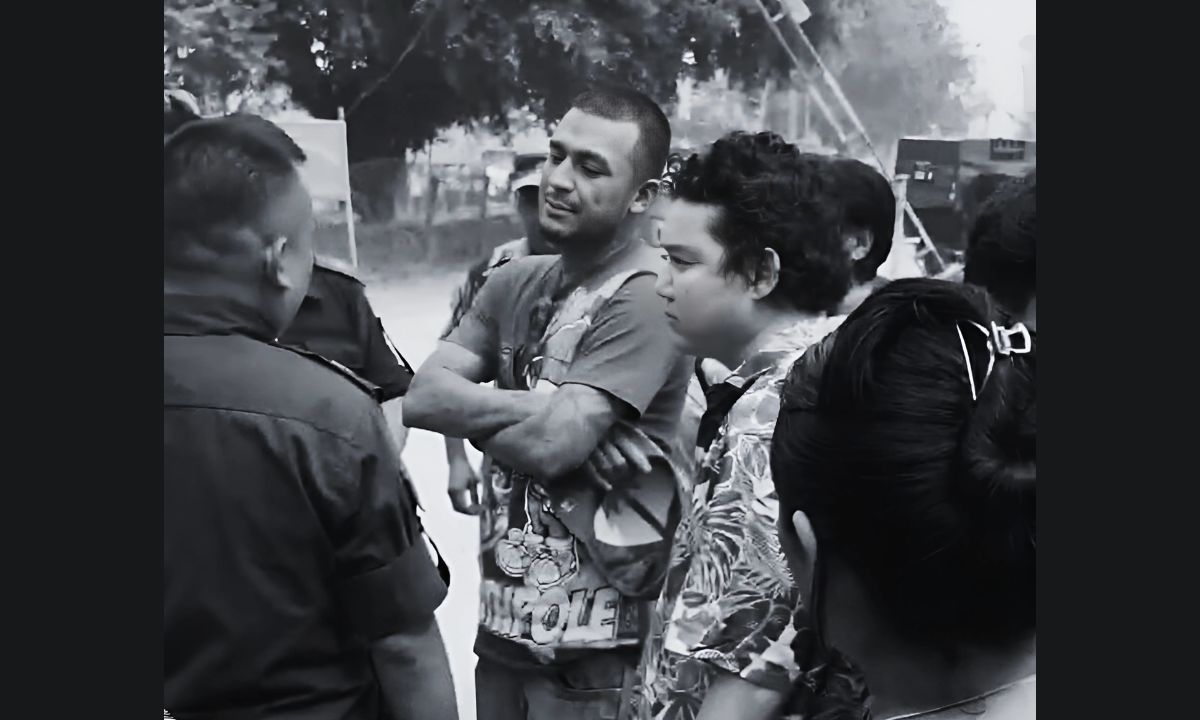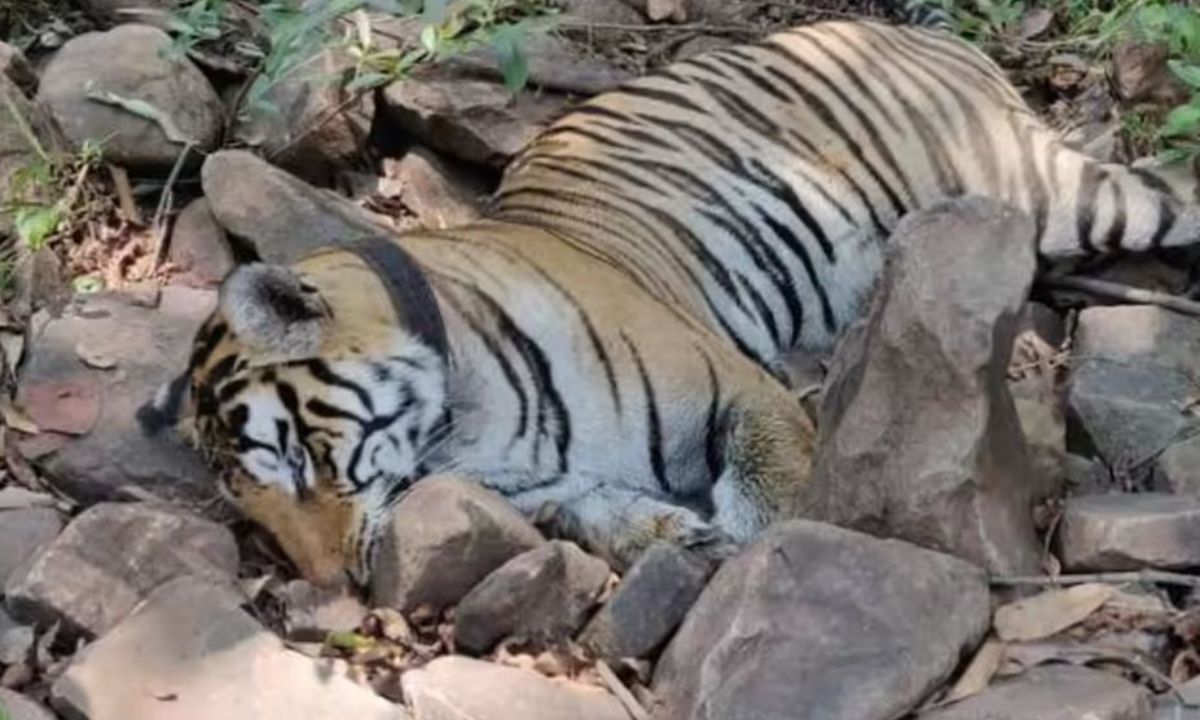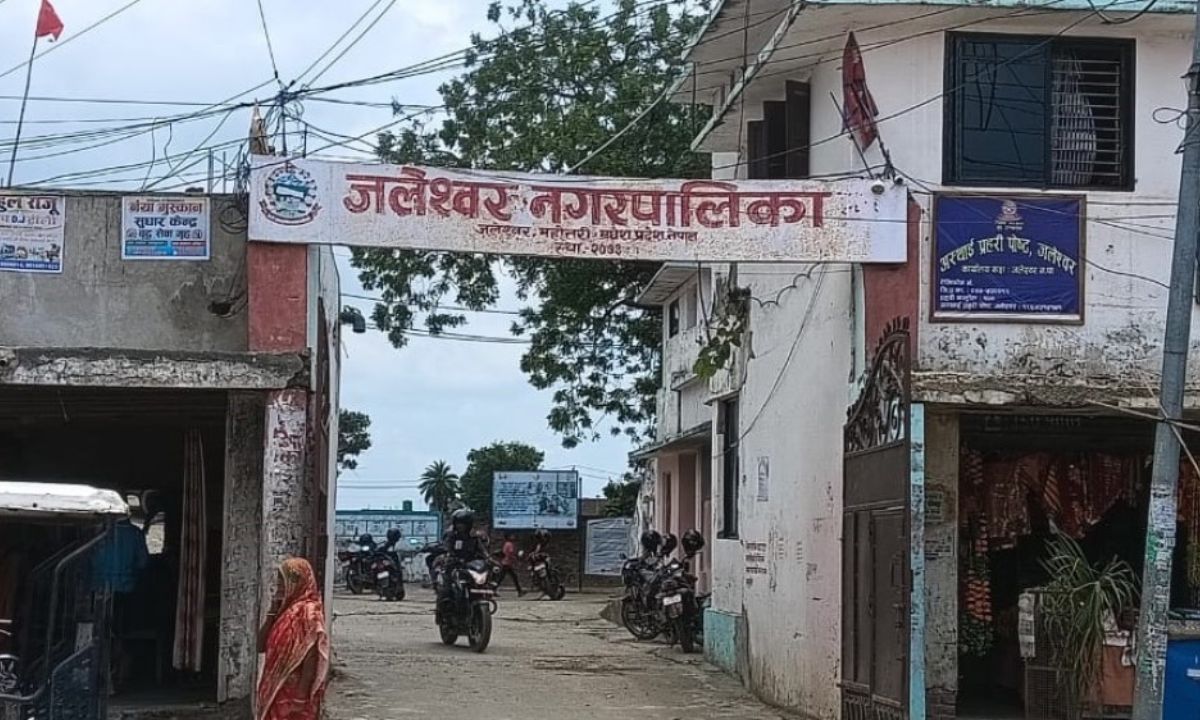The United States deports 10 Bhutanese for involvement in criminal activities; Bhutan sends them back to Nepal as refugees
Ten Bhutanese individuals were deported by the United States due to their involvement in criminal activities. However, the Bhutanese government refused to accept them and sent them back to Nepal as refugees.
After being deported from the U.S., they arrived at Paro Airport in Bhutan via Delhi. Bhutanese authorities transported them on a six-and-a-half-hour journey to the Phuentsholing-Jaigaon border, leaving them there. Subsequently, Indian security forces took them on a 166-kilometer journey and left them at the Panitanki border, near eastern Nepal.
Arriving at Panitanki on Friday night, the deportees secretly entered Nepal. Three of them, who entered Nepal illegally, were arrested by the police. Since the COVID-19 pandemic, India has been verifying identification documents for travelers at the Kakarbhitta-Panitanki border, making crossing more restricted. However, reports indicate that the Bhutanese individuals bribed middlemen and entered Nepal at night.
As crossing through the main Mechi Bridge border was difficult, middlemen took them across Mechi River via the Khori Bari border south of Panitanki, charging them NPR 10,000 each. They arrived at the Beldangi refugee camp on Friday at 9 PM, where the police arrested them the next afternoon.
The arrested individuals, Ashish Sawedi, Santosh Darji, and Roshan Tamang, were handed over to the Immigration Office in Kakarbhitta. Ashish had directly entered his father’s hut upon arrival. Bhutanese rights activist Dil Bhutan said that news of their arrival spread through the camp, leading to their arrest by security personnel.
Bhutanese or Nepali?
After being expelled from Bhutan, these individuals had settled in Nepal as refugees before being resettled in the United States under a rehabilitation program. However, after engaging in criminal activities in the U.S., they were deported.
The U.S. plans to deport a total of 40 such individuals, with 10 already sent back to Bhutan on Friday. This situation has sparked serious debate regarding their final deportation destination.
The U.S. Immigration and Customs Enforcement (ICE) stated that these individuals had past criminal records and had been arrested for offenses committed after 2012. Over 30 Bhutanese refugees are currently in ICE custody in Pennsylvania. Bhutanese refugee rights activists argue that the deportation has created uncertainty and fear among the community, as Bhutan does not recognize them as its citizens.
“Bhutan initially accepted them as its citizens but later expelled them again with threats and fear,” said rights activist Dil Bhutan. According to him, those expelled from Bhutan have no legal basis to stay in Nepal either.
“This is a serious issue for the Nepalese government to consider—who are they citizens of?” he added. Bhutanese refugees in the U.S. are living in fear and uncertainty about their future.
“Bhutan refuses to recognize them as its citizens, and they have no legal grounds to stay in Nepal,” said another activist, TB Rai. “Who will protect their human rights in such a situation?”
Recently, the U.S. has added Bhutan to its travel restriction list, which could directly impact Bhutanese refugees and their future. The U.S. government’s decision is influenced by its strict stance on immigration and concerns about the criminal activities of Bhutanese refugees.
Bhutanese refugee leaders have called for diplomatic pressure and a fair resolution between Bhutan and Nepal.
“This incident has once again created fear and uncertainty among the Bhutanese refugee community,” said Bhutanese rights activist Tilak Niroula in the U.S. “If this issue is not resolved soon, it could become even more complicated in the future.”
Niroula recently met with Pennsylvania Governor Josh Shapiro, Senator John Fetterman, Congressman Perry, and representatives from the United Nations High Commissioner for Refugees (UNHCR) to bring attention to the refugee crisis.
Currently, over 100,000 Bhutanese refugees reside in the U.S., with more than 70,000 in Pennsylvania.






